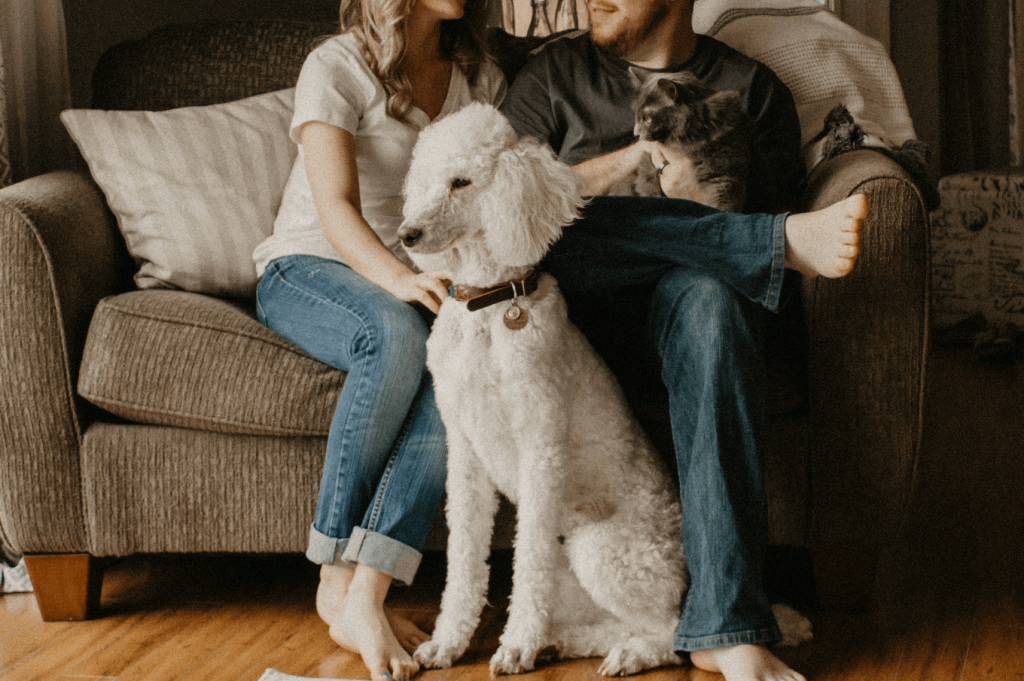Have you ever had guests leave you a review so bad that your jaw just dropped after reading it? Then, you were upset for a few hours, more likely, a few days. You told your partner, your sister, your friends and even your colleagues at work. Agonized how this bad review would hurt your future bookings. Felt wrongly accused. Why did they leave you a poor review with a comment that your house was 30 minutes away from the city center? You clearly called the distance out in your listing. How could they be unhappy? Why didn’t they read the write-up?
Eventually, you got over the poor review and gradually, you forgot about it the first time it happened. Then it happened again and again after several months. The double bed was too small for two people. There was no air conditioner. There were not many restaurants within walking distance. You stood there and could already see the end of it. Just like the first time, your emotions took the roller coaster ride.
This happened to me! As much as I tried to describe my listing in detail and to constantly update it with new feedback, there were always guests who did not read it and ended up being displeased after their stay. Like most hosts, I took pride in my accommodation and hospitality, and I felt personally attacked every time it happened.

Discovering the Secret Code Word Method
One of my favorite activities is to browse listings by Super Hosts who have 200+ reviews. Besides the joy of looking at beautiful pictures and reading well-written paragraphs, I believed that I could learn something. One day, I came across a nice and detailed listing. The host put the word “Dolphin” at the end of her listing and asked guests to provide it when they sent a booking request. She called it the secret code word. It was a moment of joy for me.
Extremely eager to try this, I brainstormed for a word for my listing. “Dolphin” was a cute little one, but it did not speak to me. I wanted more of a positive expression of a feeling, and I selected “happy”. So, I inserted “happy” towards the end of my listing. My justification was that if a guest typed “happy” in the message to me, (1) they had already read the listing entirely, and (2) they were happy with what they read.
Implementation
After I implemented this new secret code word, the first several guests provided it in their booking messages. I was pleased. It worked. Then, I started having messages without “happy”. That was when the work started. People told me that they read the entire listing but that they did not find the secret code word. They gave me wrong words or gave me Airbnb confirmation number of their bookings. People used the excuse of being new on the platform for not being able to find the word. Guests went silent therefore I had to be both patient and persistent. I gave them hints of where to find it and I kept sending them messages every few days to remind them. Eventually, guests did find and provide the word. Luckily, no one ever complained that it was too much work and ended up booking elsewhere. I feel that the willingness to find the secret code word is a good measure if a guest is someone that I want in my home.
To reduce the amount of effort on my part to follow up with guests, I tried different tactics to make the secret code word more obvious. I considered that there are two parts of the quiz experience: the question and the answer. The answer should only be provided once at the end of the listing. The questions, however, could be placed several places throughout the listing.
Where to Place Secret Code Word
There are three places in an Airbnb listing that I have found work great for the question: (1) right on top of the listing, (2) in the additional rules and (3) in the guests’ requirements. The first one works great for those who just skim through what they read. People always start from the top and put more focus on the first few sentences or few paragraphs. The second two places work for those who look at the pictures and go straight to booking. Airbnb is doing a good job of showing the house rules and the guests’ requirements on the booking page.
This is an example of how I position the question on top of the listing. At first, I used the phrase “a secret code word”. Then, people gave me phrases in return. So then, I changed it to “1 secret code word”. Changing from “a” to “1” has worked better for guests whose English is not their first language. I also added two asterisks around it to make it stand out.

I repeat the same message in the house rules. It is the first one of the customized Additional rules.

Under the Guests’ Requirements, there is a section for us, as hosts, to ask guests questions that we want to know when they book. It is called the Guest trip information. The first three are Airbnb’s generic questions. The last is your own custom one. I choose to ask for the secret code word.

Like I mentioned before, the answer should only be placed once at the end of the listing. I have found the Other things to note section works best. The reason I have liked to use a positive feeling word is that I can tie it in at the end of the listing.

The Results Have Been Outstanding
I love it when guests incorporate the secret code word in their sentence

As guests read the listings, I am able to set the right expectations. They arrive with an educated knowledge, and they leave 5-star reviews. This method also helps your Airbnb cleaning service when guests properly clean up after their stay for your vacation rental cleaner. I occasionally have guests who book without the secret code word. However, it now represents a small population, and the follow- up effort is much less as the listing itself is clear. One caveat, it is more challenging when the guests do not speak English or if you use Smartbnb to automate communication.
I have since implemented this tactic to other listings that I manage. Some words I like or have used are “satisfied”, “pleased” or “content”. What will you choose as your secret code word?
About the Author: Thao Khuat is a professional Airbnb Super Host. She manages several vacation rental properties in Seattle, WA. Thao co-authored a published book Short term Rental Success Stories From The Edge – Volume 1. She enjoys connecting with others, sharing experience and learning new knowledge. Click here to view Thao’s profile!





